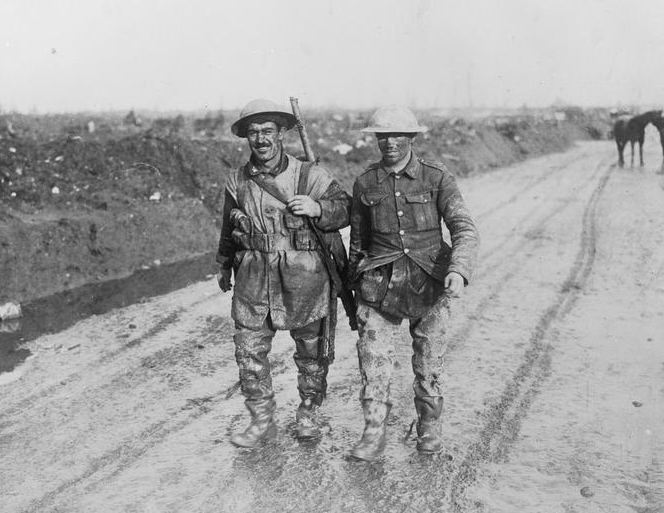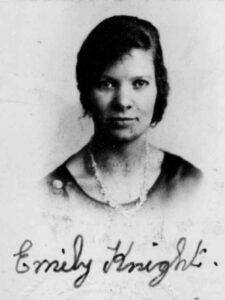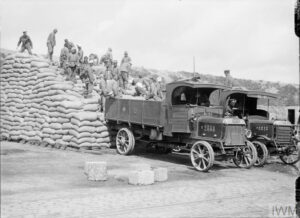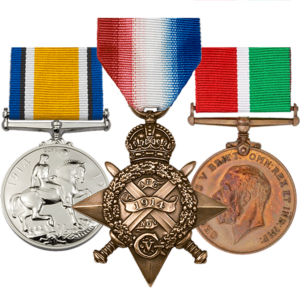Following the outbreak of war Nathaniel volunteered for the Canadian Overseas Expeditionary Force for service in France. The CEF was formed in 1914 following Britain’s declaration of war on Germany, with an initial strength of one infantry division. Most of the volunteers were of English descent, and about half of the men were English born. The French-Canadian population had little interest in supporting their homeland.
He enlisted at Niagara on 15 September 1915 and described as 5 feet and 6 inches tall, with blue eyes, dark hair, and a dark complexion. He had a tattoo of a lighthouse and a boat on his left arm and an angel on his right arm. He stated that he had previously served for six months with the Dufferin Rifles. He was given service number 164298 and joined the 84th Battalion. During training he was given 18 days detention and fined 18 days’ pay for being drunk on a line march.
The unit sailed from Halifax on 18 June 1916 on the SS Empress of Britain. Nathaniel joined the 75th Battalion in France during August, but after just a few weeks was hospitalised. During a march to and from a trench he had to drop out on account of pain in feet.
Nathanial was thus sent to the Canadian Casualty Assembly Centre at Shoreham-on-Sea, where an examination revealed that the ankles and gastrocnemius muscle on the back of his legs were small and undeveloped, with the right being much worse than the left. He also had pes cavus – abnormally high feet arches – a condition he had suffered with from childhood. In civilian life he had worn special shoes, but the army shoes were not as comfortable.
Being unable to march any distance, Nathanial was categorised as being fit only for permanent base duty. He spent much of the remainder of the war serving in various depots, including at West Sandley and North Sandling.
He returned to France at the end of August 1918 however, after being transferred to the Canadian Labour Corps. He returned to England in January 1919 after being posted to the general depot at Witley. He was repatriated to Canada in March 1919 and discharged as medically unfit due the permanent problems with his feet and slight bronchitis that had developed over the past few months.
Units
- 84th Battalion, Canadian Overseas Expeditionary Force (1915-1916)
- Canadian Labour Corps (1918)
Medals






